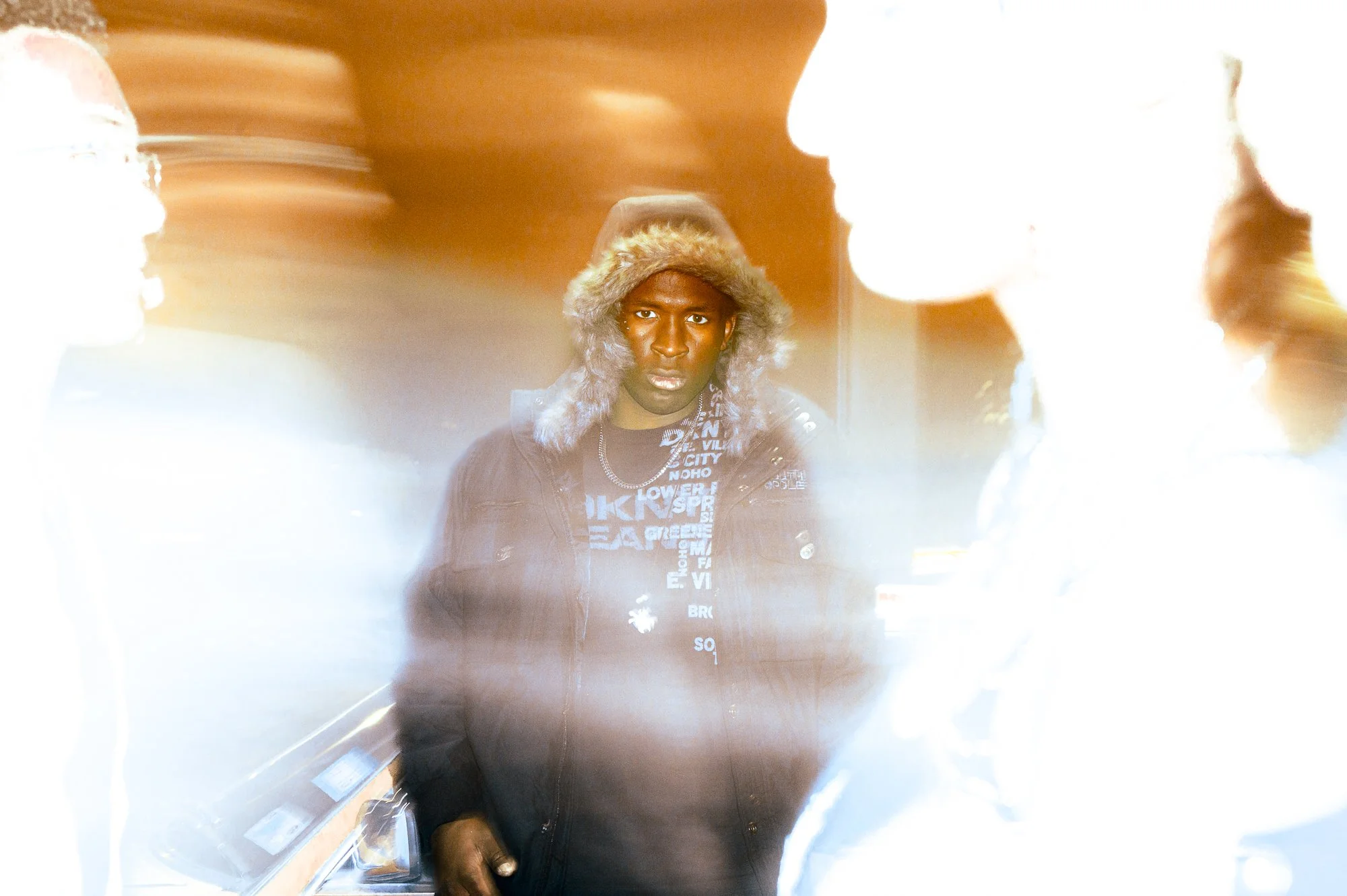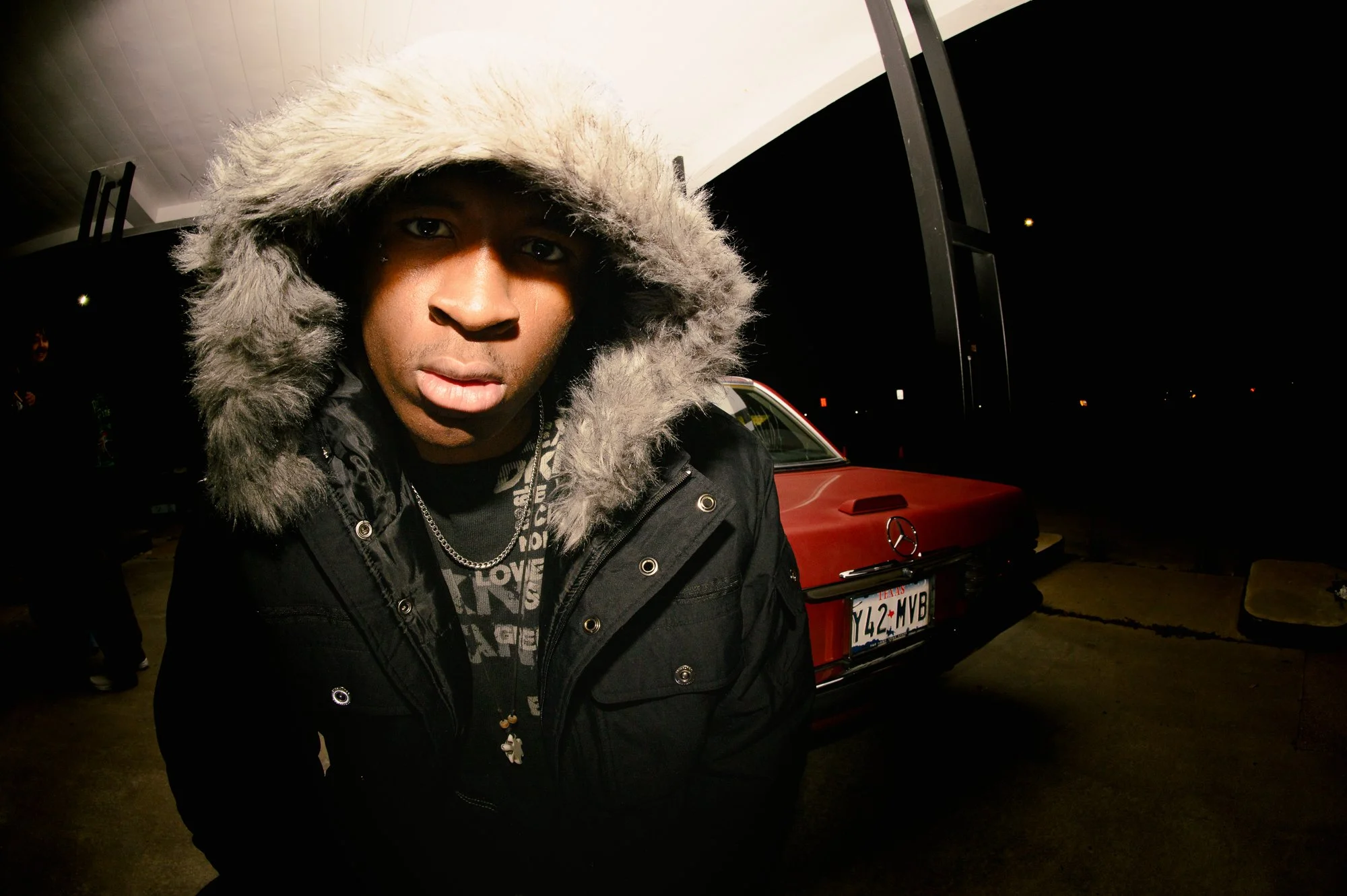The Waiting Room
In today’s culture of relentless grind and productivity, expressive joy can feel almost imprudent. Perhaps joy itself has become the most radical act of rebellion we have left. Rebellion, after all, is the act of resisting control, a defining aspect of much of modern life. We are expected to sit behind desks, perform with polite smiles, and find meaning in monotony as we struggle to maintain a sense of sanity. Genuine joy, the kind that disrupts this cycle, is often dismissed as irresponsible. It threatens a system built on exhaustion and conformity. For those who dare to chase it, joy becomes a form of defiance, a refusal to surrender to a life dictated by restraint.
Few artists have embodied that defiant spirit quite like Fugazi. Formed in Washington, D.C. in 1987, the band, composed of Ian MacKaye, Guy Picciotto, Joe Lally, and Brendan Canty, rose from the ashes of seminal punk acts like Minor Threat and Rites of Spring. From the start, Fugazi rejected the trappings of mainstream success. They refused to sign with major labels, capped ticket prices at five dollars, and insisted on all-ages shows to keep their concerts inclusive and accessible. Albums such as 13 Songs, Repeater, and The Argument fused post-hardcore ferocity with introspective lyricism, establishing a new standard for politically aware and emotionally intelligent punk. Fugazi’s ethic, rooted in integrity, community, and resistance to exploitation, proved that art could confront systemic control while still achieving cultural impact. Even after the band’s hiatus in 2003, their influence continues to resonate through generations who view them as the embodiment of punk’s most enduring ideal: authenticity without compromise.
Nowhere is that ideal more vividly expressed than in their song “Waiting Room.” Released in 1988 on their debut EP and later featured on 13 Songs, “Waiting Room” channels the frustration of entrapment, both literal and psychological. Built on a sharp post-hardcore rhythm tinged with funk and hip-hop influences, the song became an anthem of restless self-motivation and the struggle for autonomy in a world designed to suppress it.
Everybody’s moving
Everybody’s moving
Everything is moving
Please don’t leave me in the waiting room
These lyrics capture the suffocating feeling of standing still while the world rushes ahead. “Everybody’s moving” personifies the anxiety of stagnation, the paralyzing sense that one is frozen outside society’s relentless motion. The “waiting room” becomes a metaphor for the walls of expectation that confine the individual. Literally, it might evoke a jail cell, but symbolically, it represents the social and emotional imprisonment experienced by those who refuse to conform. The “free spirits” of society, artists, nonconformists, and dreamers are often judged and constrained by systems that claim to value independence but punish it when expressed authentically.
I don't want the news
I cannot use it
I don't want the news
Who is behind the face of the authority we place our trust in? The rejection of “the news” is a refusal to participate in the passive consumption of media that anesthetizes the public. “I cannot use it” reflects the lack of personal value of the information. Fugazi Transforms apathy into a political stance. The simplicity of the statement mimics the numbing effects of mass communication. Where is authenticity in oversaturation and noise?
But I don't sit idly by
I'm planning a big surprise
I'm gonna fight for what I wanna be
And I won't make the same mistakes ('cause I know)
Because I know how much time that wastes
The significance of these lyrics is in the action behind the words. Empty words are as useful as silence during a call for action. “I am going to fight for who I want to be” is a self-definition against societal pressures to remain complacent. Self-knowledge becomes a weapon and liberation.
Fugazi’s generation, Gen X, grappled with this contradiction. Their formative years were shaped by political disillusionment following the Vietnam War and Watergate scandal. They were haunted by the threat of nuclear conflict and witnessed the fall of the Berlin Wall in 1989. Social crises like the AIDS epidemic left a lasting impression, leaving an issue of empathy in a society struggling to adapt. Gen X expressed itself through rebellion and authenticity. The grunge movement in the 1980’s and 90’s embodied their disillusionment with consumer culture. The generation labeled as “slackers” were some of the most innovative when it came to individuality.
History repeats itself. Today, Gen Z faces the same existential waiting room. We are told to be independent thinkers, yet the structures of school, work, and social media often demand conformity. We are slowly entering the workforce and reality as adults while simultaneously trying to stop the narrative of being lazy. We follow the footsteps of the generations before us and get a bad reputation because of it. Politicians promise an outcome with no intent on fulfilling them. Half of us prophesize it and the other half resent it. The divide between our generation mirrors similar divides between Generation X. The same pressures that drove Fugazi’s rebellion persist. The feeling of being trapped in a world that both celebrates and suppresses individuality.
Ultimately, “Waiting Room” speaks to the enduring struggle between control and liberation, between exhaustion and joy. It reminds us that seeking joy in a joyless system is not naïve; it is radical. The song’s message reverberates today as powerfully as it did in 1988. Freedom, authenticity, and joy remain acts of rebellion. The question it leaves us with is simple yet profound. Will we keep waiting for permission to live freely, or will we finally walk out of the waiting room and claim our own joy?
Written by Ashley Badger, Photography: Steve Carrasco IV, Design: Alyson Juranek, Social Media: Celine Nguyen, Styling: Shri Mulukuntla & Manuela Diez




